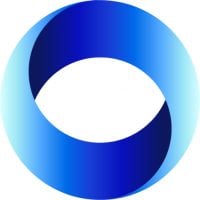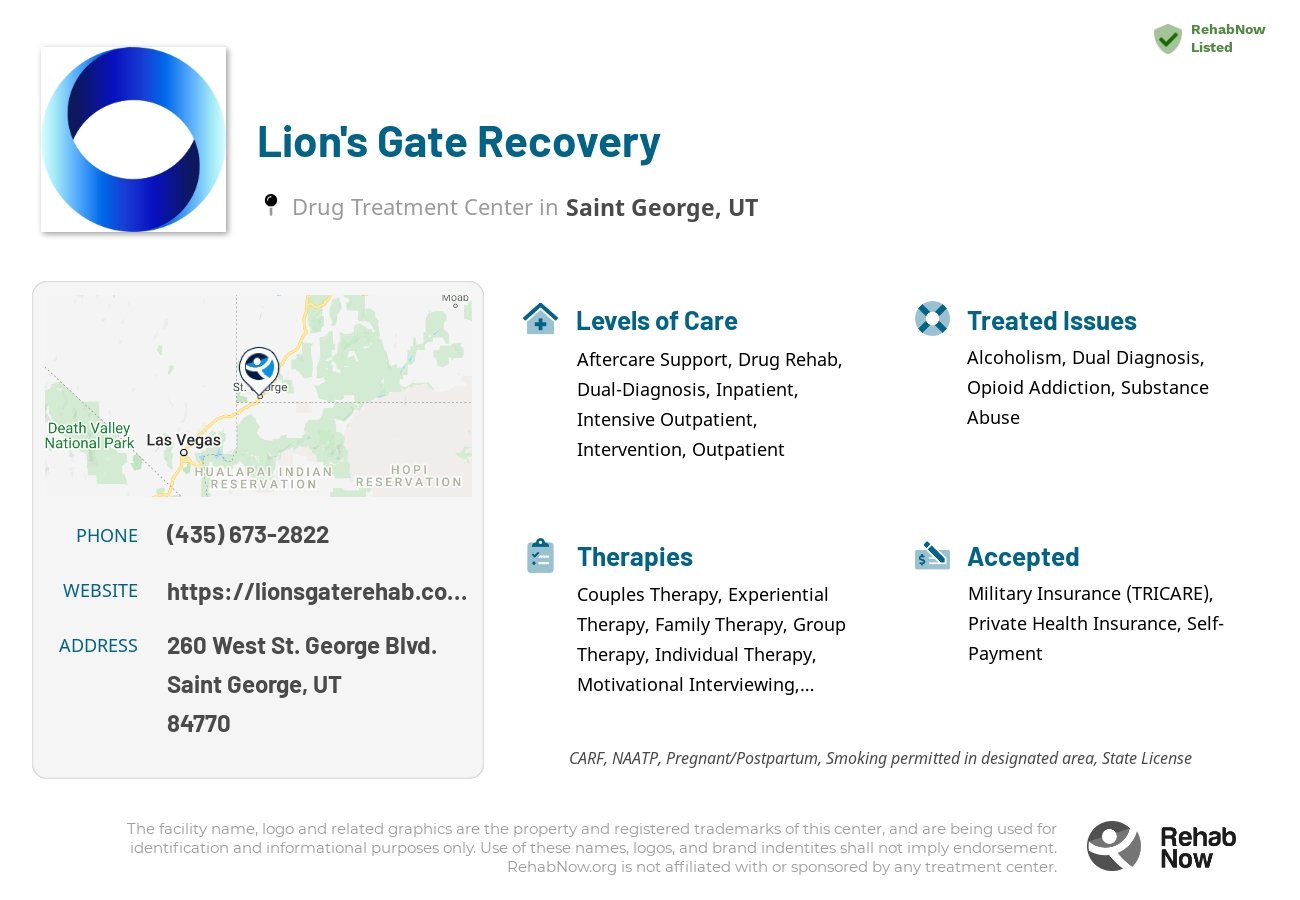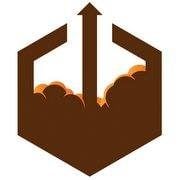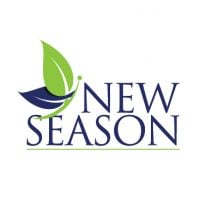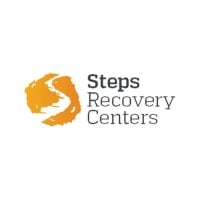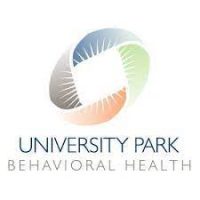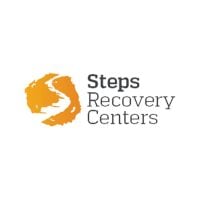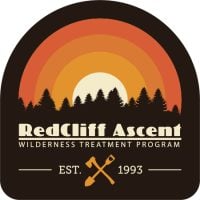Lion's Gate Recovery
Drug Rehab Center in Saint George, Utah
Lion's Gate Recovery in Saint George, Utah provides a comprehensive range of care for anyone looking to break the cycle of addiction, including levels of care tailored to individual requirements, aftercare support for ongoing sobriety and a specialty program for opioid addiction.
About Lion's Gate Recovery in Utah
Lion's Gate Recovery is a treatment facility located in Saint George, Utah, dedicated to providing support and assistance to individuals struggling with addiction and substance abuse. With a range of services tailored to individual needs, Lion's Gate Recovery aims to help those seeking sobriety by offering comprehensive treatment options. They specialize in treating conditions such as alcoholism, opioid addiction, drug addiction, dual diagnosis cases (those with co-occurring mental health disorders), and substance abuse.
At Lion's Gate Recovery in Saint George Utah , patients have access to various types of services and treatment methods designed to address their specific needs. Their programs include aftercare support programs that offer ongoing assistance even after completing the initial treatment phase. In terms of residential care options, they provide both inpatient rehabilitation for those requiring intensive supervision and intensive outpatient treatments for individuals who need structure while still maintaining some level of flexibility. Additionally, they offer intervention services for loved ones concerned about someone's well-being as well as traditional outpatient care for those seeking counseling or therapy sessions on an ongoing basis. Overall, Lion's Gate Recovery strives to create personalized plans that promote healing and recovery for every individual under their care.
Genders
Ages
Modality
Additional
Conditions and Issues Treated
Rehabilitation, Medication, and Therapy – a combination of all three is most effective.
The most successful treatments for drug dependence or abuse have been those that include education and counseling and medication such as methadone or buprenorphine. The right drug abuse treatments need counseling, psychotherapy, and detoxification or medications to help with withdrawal symptoms.
Substance abuse can take many different forms, including the overuse or misuse of prescription drugs, unprescribed drugs, alcohol addiction, and drug addiction.
A combination of treatments is often needed to treat drug abuse issues effectively. In the case of drug abuse, there is no easy answer or one-size-fits-all cure.
While some drug addictions can be treated with counseling and support groups, many drug abusers also need medication to help them overcome their addiction. In other cases, drug abuse can lead to a medical problem and require medical treatment.
Treatment for drug addiction typically combines counseling and psychotherapy with medication and behavioral therapies. In some rare cases, hospitalization may also be required. All different treatments combined are the best way to help someone addicted to drugs, alcohol, or other substances.
Treatment for opioid addiction is best made with the help of medical professionals who are experienced in dealing with these types of drugs. This treatment can involve medications, exercise, behavioral therapy, and counseling sessions. It is important to note that the effectiveness of treatments for opioid addiction vary, so it is vital to research which treatment options are suitable for each individual.
Many people who struggle with opioid addiction need to attend specific programs like methadone , Suboxone or Vivitrol clinics.
These types of programs will provide the patient with legal, prescription medications that can help them overcome their cravings for illegal opioids like heroin or fentanyl . If the patient has a chronic condition like Hepatitis C, they must undergo treatment before they can begin taking these medications.
Individuals who are addicted to drugs and/or alcohol often have one or more co-occurring mental health disorders. Addressing both the addiction and the mental health problems at facilities like Lion's Gate Recovery can be very beneficial for these individuals.
Common mental health conditions that often co-occur with addiction include:
- Anxiety Disorders – People with drug and alcohol problems often suffer from anxiety disorders such as panic disorder, obsessive-compulsive disorder, social anxiety disorder, and generalized anxiety disorder.
- Depression – One of the most common mental illnesses co-occurring with addiction is major depressive disorder.
- Attention-deficit hyperactivity disorder (ADHD) – Many people with drug and alcohol problems also suffer from ADHD.
- Bipolar Disorder – People with bipolar disorder are more likely to suffer from drug and alcohol problems than the general population, and vice versa.
Levels of Care Offered
This center offers a variety of custom treatment tailored to individual recovery. Currently available are Aftercare Support, Drug Rehab, Dual-Diagnosis, Inpatient, Intensive Outpatient, Intervention, Outpatient, with additional therapies available as listed below.
Inpatient recovery offers individual therapy, groups, and family therapy. The length of inpatient addiction treatment depends on the addict and their addiction. Inpatient rehab is a costly drug treatment, costing anywhere from $30k- to $60k. However, insurance often offers help in covering these costs.
An intensive outpatient treatment program, or IOP, is set up for those struggling with an addiction to begin the recovery process. However, the patient will not live at the facility during treatment.
IOP involves patients coming in and out of a medical office building regularly to receive therapy and other services while continuing their life outside of these visits.
IOP is a step up from drug detoxification or alcohol detox. However, it’s still considered a phase of recovery rather than the ultimate goal. There are many rehabs and treatment facilities available to patients in need of IOP.
Outpatient treatment can be considered the lowest intensity level of addiction treatment in Saint George, UT. It is ideal for early phase addiction or lower intensity addictions. Lion's Gate Recovery peer group support, 12-step programs, and individual counseling are likely to be involved.
Intervention services can be beneficial for people who have not been able to overcome drug and alcohol addiction on their own. It is recommended for individuals whose addiction has led to dangerous or life-threatening circumstances.
Intervention services are beneficial for:
- People who have relapsed after completing other forms of addiction treatment.
- People with drug addictions that have led to dangerous health conditions, such as HIV.
- People who are at risk of losing their family, home, or job due to addiction.
- People who are having difficulty overcoming drug and alcohol addiction on their own.
- An intervention can be conducted by professionals, or by loved ones of an addict. If the person being intervened on agrees to enter addiction treatment after the intervention, the next step would be to choose a treatment program.
If they do not agree to enter addiction treatment after the intervention, loved ones may choose to go back to the drawing board and try another form of treatment. They may also choose to not receive any further treatment, but there are usually other factors in play that may make it difficult for people to stop using drugs or alcohol.
Aftercare support is vital to those who have completed a drug or alcohol treatment program. This support comes in individual and family counseling, treatment of psychiatric and other medical conditions, and medications to reduce cravings. It helps recovering addicts adjust to normal day-to-day activities and can last for a year or longer.
The majority of drug and alcohol addicts who receive aftercare treatment do not relapse. It is estimated that without aftercare, the relapse rate will be between 70 to 90 percent for most people. Aftercare is the final stage in addiction recovery, but it will also help maintain sobriety if relapse does occur.
Therapies & Programs
Individual therapy is ideal for addicts who want to focus on themselves. It can also be helpful for those whose withdrawal symptoms are exacerbated by the presence of other people.
Benefits of individual therapy are:
- Access to a personalized treatment plan that focuses on the individual needs of the addict
- More privacy during treatment sessions
- Better personal development through introspection
- Increased self-awareness regarding addictive tendencies in order to avoid relapse
- Greater potential for a long-term recovery plan
- Receiving professional advice and detox assistance from medical staff
Couples therapy is a treatment method used to help couples in which at least one member of the couple has a drug addiction. Couples therapy can be used whether the addicted partner is using drugs or in recovery. An additional benefit of couples therapy is that it can help make other types of treatment, such as 12-step programs, more effective.
Family therapy can help you and your family deal with old issues that may trigger substance abuse. The idea behind family therapy for drug addiction is that you are never fully healed from substance abuse until you’ve healed your relationship with your family, too. To get sober, you need to find a different way to cope with the pain in your life.
This is when a group of people in various stages of recovery meet up and discuss their experiences, triggers, successes, failures, and even alternative therapies! Unlike support groups where everyone already knows each other, group therapy is conducted along side outpatient or inpatient treatment at Lion's Gate Recovery.
Patient Experience
Experiential Therapy at Lion's Gate Recovery
Experiential Therapy is a type of therapy that involves activity to recreate situations that may have caused trauma or negative emotions. Experiential therapy at Lion's Gate Recovery in Saint George, UT can involve acting, props, arts and crafts, animal care or other tools that may be effective. This therapy is done on an individual basis and can help revisit and heal from past traumas. Trust between the therapist and individual is important for success. Experiential therapy can help you more closely become you and move through life positively and authentically.
Payment Options Accepted
For specific insurance or payment methods please contact us.
Is your insurance accepted?
Ask an expert, call (888) 674-0062
Additional Details
Specifics, location, and helpful extra information.
Saint George, Utah 84770 Phone Number(435) 673-2822 Meta DetailsUpdated November 25, 2023
Staff Verified
Lion's Gate Recovery Patient Reviews
There are no reviews yet. Be the first one to write one.
Saint George, Utah Addiction Information
More than 500 people in Utah die each year from the effects of drug abuse and/or addiction. Substance abuse rates in Utah have seen an upward trend for a variety of drugs. Opioids are involved in almost 70% of all drug-related deaths in the state, annually. In 2014, Utah officials created a Good Samaritan Law to protect drug users who report possible overdoses from being prosecuted themselves.
Between 1999 and 2005, there was a 66% jump in the number of people who died from an overdose in Saint George, Utah. In 2012, 5% of Saint George residents had used an illegal drug. According to statistics, there were over 1,500 admissions to rehab centers in the city in 2016. Many facilities in Saint George provide inpatient treatment, outpatient services, medication-assisted therapy, and holistic treatment.
Treatment in Nearby Cities
- Beaver, UT (95.9 mi.)
- West Jordan, UT (257.8 mi.)
- Eagle Mountain, UT (237.5 mi.)
- South Salt Lake, UT (265.8 mi.)
- Bountiful, UT (277.0 mi.)
Centers near Lion's Gate Recovery
The facility name, logo and brand are the property and registered trademarks of Lion's Gate Recovery, and are being used for identification and informational purposes only. Use of these names, logos and brands shall not imply endorsement. RehabNow.org is not affiliated with or sponsored by Lion's Gate Recovery.
